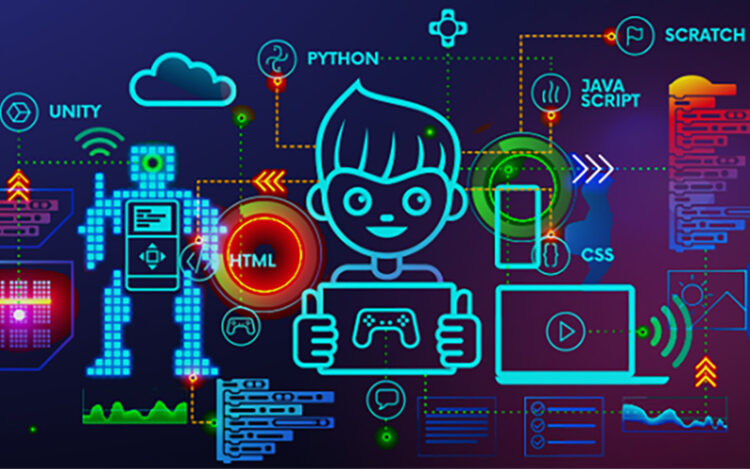The Ministry of Electronics & Information Technology (MeitY), the Indian government’s national agency in charge of information technology, electronics, and the Internet (which includes all forms of gaming), has released a proposed draft of amendments related to online gaming that will be added to the Information Technology (Intermediary Guidelines and Digital Media Ethics Code) Rules, 2021 (Information Technology Act, 2000).
MeitY said in its announcement that these proposed amendments were crafted with consultation of other government agencies and stakeholders within India’s video games industry.
The draft amendment will add a new layer of bureaucracy to the gaming industry in the country, including self-governing bodies that will register games and game makers (online games will be required to register and bear a seal that will be displayed to users to show compliance), and an additional requirement that game makers appoint an officer in charge of compliance to hand grievances (who must reside physically within the country) and interact with law enforcement and government agencies when required to do so. This self-governing bodies will report information directly to the “Central Government,” according to the draft.
Game makers will go through a verification and testing process handled by these yet-to-be-determined self-governing bodies to ensure that game products don’t promote self harm (to children, which in India is anyone under the age of 18) including “gaming addiction and financial loss,” as well as in-game warnings about length of time played.
In addition, these new rules are meant to crack down on games that the government feels promotes questionable gambling and play-to-earn products, engages in fraud, or threatens the safety, security, or sovereignty of the country under other related Indian laws already on the books (like those used to ban Battlegrounds Mobile India, Free Fire, TikTok, and many other games and mobile apps).
The draft amendment can be found on MeitY’s website (changes to the rules are highlighted in blue). The agency also announced a public consultation/feedback period that will run until Jan. 17. Those wishing to provide feedback may do so via this form.
